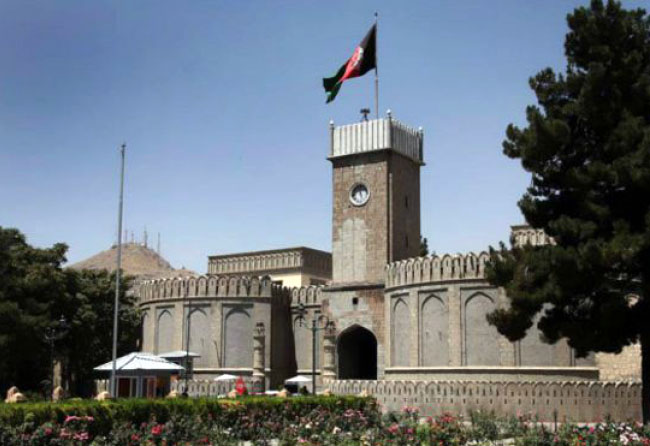The tension between Afghan officials has resurfaced after a lull. With the controversial result of third round presidential election, which was held in 2014, the National Unity Government (NUG) was established on the basis of an agreement sealed between President Ashraf Ghani and CEO Dr. Abdullah Abdullah. The controversy emerged with the indefinite result of presidential election which put the Independent Election Commission (IEC) under question.
Based on the mutual agreement sealed between President Ghani and Dr. Abdullah, Loya Jirga (Grand National Assembly) had to be convened in 2016 to reform Afghan Constitution with the aim of determining the position of CEO/prime minister, for which Dr. Abdullah is designated on the basis of agreement rather than law. Despite Abdullah’s persistent urge, presidential palace denied the issue and called it against constitution.
Second, a rift emerged between President Ghani and First Vice President Gen. Abdul Rashid Dostum when he stated in the media that he did not carry the weight of Vice President adding that those who spoke Pashtu was preferred by President. This blunt and harsh rhetoric was denied and denounced by President Ghani. The relation between Ghani and Dostum reached rock bottom after a petition was filed against Dostum by former provincial governor of Jawzjan Ahmad Ishchi accusing him of sexual harassment. Although this case belonged to judicial system, it fueled the tension between Ghani and Dostum indirectly. Dostum was said to be investigated, but he did not surrender to investigators. With the mounting pressure, Dostum abandoned the country and currently lives in self-imposed exile in Turkey.
Few months back, a number of Afghan political figures formed a coalition under the term of Etilaf-e-Nijat-e- Afghanistan (Coalition for the Salvation of Afghanistan) and a new political party titled “Mehwar-e-Mardum-e-Afghanistan” (the Axis of Afghan People). Etilaf-e-Nijat-e- Afghanistan coalition was formed by three prominent officials and former Jihadi leaders namely Gen. Dostum, the Second Deputy to CEO Haji Mohammad Mohaqqiq and Balkh provincial governor Ata Mohammad Noor alleging that Afghan President monopolized the power – which was denied by presidential palace.
Following the coalition, it was reported that Gen. Dostum’s helicopter was supposed to land in Balkh province, but it was not allowed by the government – which was later denied by his ally Ata Muhammad Noor.
Now the tension has increased between President Ghani and Noor who has been removed from his position after being the provincial governor of Balkh for a decade and half. Gen. Ata Muhammad Noor, who is the member of Hezb-e Jamiat-e-Islami along with Dr. Abdullah, said that Abdullah played against him and sought his removal. He further said that Abdullah was appointed as CEO through Hezb-e- Jamiat-e-Islami and this party could also replace him.
As a reaction toward Noor’s statement, Abdullah said that he had made no mistake from holding the position of CEO up to then. Without mentioning a name, he maintained that some political figures – most probably means Noor – sought to remove him from his post but their struggles were proved abortive.
A former Jihadi leader Muhammad Ismail Khan denounced the removal of Balkh provincial governor adding that it would lead to horrible consequences. According to him, Noor’s removal will pave the ground for political tension and for the firm foothold of members of the self-styled Islamic State of Iraq and the Levant (ISIL) in Northern parts of the country.
In fact, the tension among officials will put an adverse effect on national issues. First, the officials’ political interests will outshine national interests and the challenges such as security and economic crises will be downplayed.
Furthermore, the tension will dash the public hope and make them lose their trust in officials. The officials’ tension and harsh rhetoric against one another will increase the level of disappointment in the country. Officials are believed to mitigate the challenges rather than aggravating them. But the rift, which has widened recently, will take its toll on the country’s social, political, and economic issues.
It should be noted that transition of power within the government’s body is an ordinary issue and no one is supposed to monopolize a position or power. Ata Muhammad Noor who was the governor of Balkh province for a decade and half should not take his removal personal. No government official is supposed to resist against transitioning his/her power to a next person. Otherwise, it will be a blow to democracy and law.
Since all, including officials, are equal in the eye of law, they have to practice upon constitution and their political agreements. If Afghan officials ignore constitution, agreements, or their commitments, it will compound the challenges and push the country to a social and political quagmire.
Home » Opinion » Political Rift Widens
Political Rift Widens
| Hujjatullah Zia

